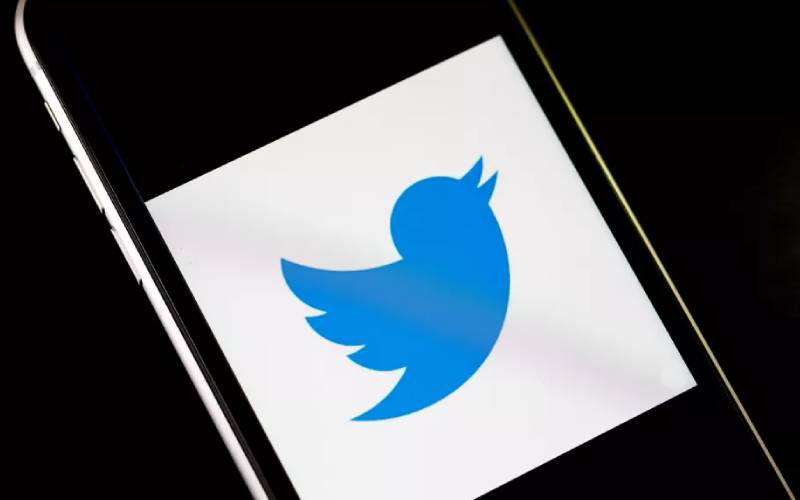×
The Standard e-Paper
Join Thousands Daily

In the recent past, Kenyans on social media, particularly Twitter, have been up in arms over what they generally perceive as misplaced public policy decisions by the government.